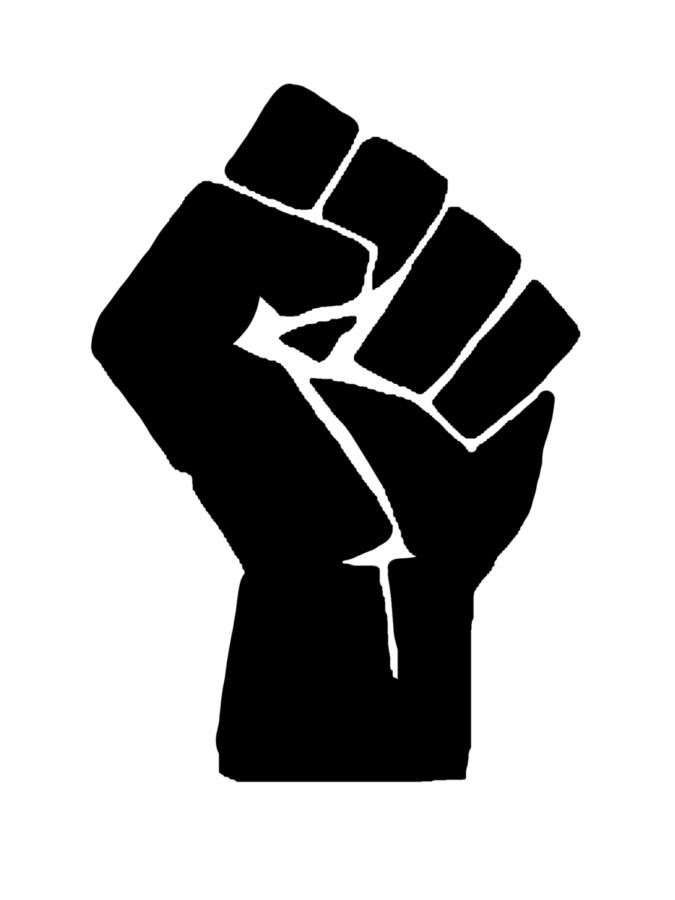Questioning BLM Donations
Organization lacks transparency for fund allocations
Black Lives Matter (BLM) has failed to uphold its duties as a non-profit organization. Nonprofits are expected to be just that: nonprofits. Regardless of opinions surrounding the organization’s policies, everyone should agree that BLM has an obligation to use donations for the improvement of Black lives. Unfortunately, BLM has consistently failed to uphold this obligation.
According to apnews.com, In 2020, the organization received over $90 million in donations, while citing expenses of $8.4 million. Also according to apnews.com, at the end of 2020, BLM cited a balance of $60 million. This leaves one question: where did these leftover 60+ million dollars go?
Ultimately, this question remains unanswered. Many organizations and subsidiary chapters continue to criticize the BLM for its failure to deliver promised funding totalling over $21.7 million (according to apnews.com) , but this is only the tip of the iceberg. Given the murky financial activity of the Co-Founder of BLM, former Executive Director of BLM’s Global Network Foundation, and self-described Marxist, Patrisse Khan-Cullors, it seems more than plausible that some of these unaccounted funds have gone into the pockets of Cullors. Cullors created the #blacklivesmatter hashtag in 2013 and led the organization until her resignation in May 2021.
Cullors resignation occurred after allegations surrounding financial mismanagement surfaced due to her purchase of four properties totalling $3.2 million, including one home worth $1.4 million (The New York Post). Cullors has repeatedly denied claims of embezzlement, but has failed to show any hard evidence suggesting otherwise. Even if this income did truly come from TV and publishing deals, no Co-founder and Director of a non-profit, especially one who describes themselves as a Marxist, should be purchasing millions of dollars in real estate. If you truly want to support black lives, donate to organizations that have proven financial accountability and responsibility such as the Innocence Project, the Twin Cities Recovery Project, Urban Ventures, or one of many other trusted organizations out there.





